Solar electrification of a hospital
The project aimed to install and implement a solar power system at the Magbenteh Community Hospital in order to provide stable, clean, sustainable and cost-effective electricity, relieving the hospital from the burden of electrical failures and time-wasting repairs. More specifically, it looked to improve the productivity and lifespan of the medical and general equipment, provide a reliable healthcare service through stable and renewable energy supply and reduce expenses on diesel and maintenance for back-up generators.
The Magbenteh Community Hospital was equipped with a sustainable source of stable electricity, generated by a solar panel installation. The installation consists of 120 solar panels, with a total generating capacity of 40kWh, coupled with batteries with a storage capacity of 48kWh. The stable current does not damage sensitive electrical equipment such as ECG machines, scanners, laboratory equipment and x-ray machines. The installation is modular: additional solar panels and batteries can be added if and when the need for electricity increases. Thanks to the new installation the hospital can now perform safe evening and night-time surgical interventions. The hospital will be saving up to US$3,000 a month on diesel fuel, and the funds will be used for the purchase of essential medicines. This installation is an important step towards enabling the hospital to become financially self-sustainable.
The Swiss Sierra Leone Development Foundation (SSLDF) is a Swiss association founded in 1996. It seeks to enhance and promote the welfare and socio-economic development of vulnerable groups in Sierra Leone
News
Type
Health / EnvironmentDuration
December 2019 –November 2020Location
Makeni / Sierra LeoneWith whom
Swiss Sierra Leone Development Foundation (SSLDF)
Website
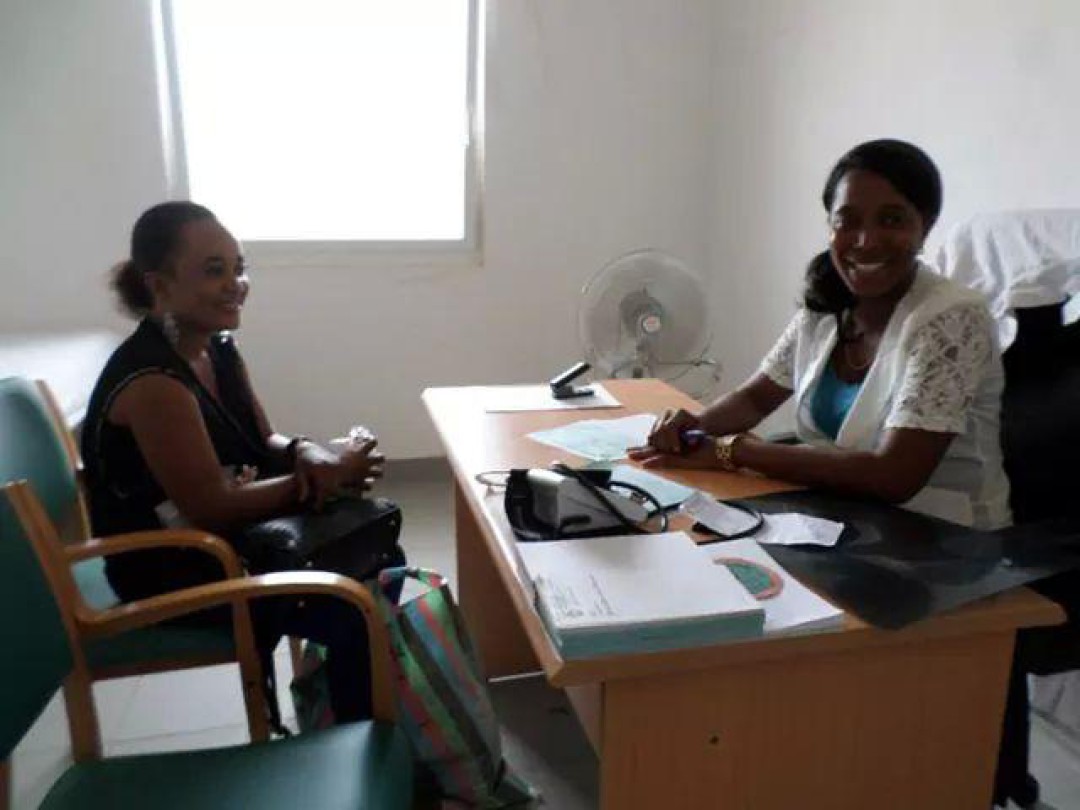
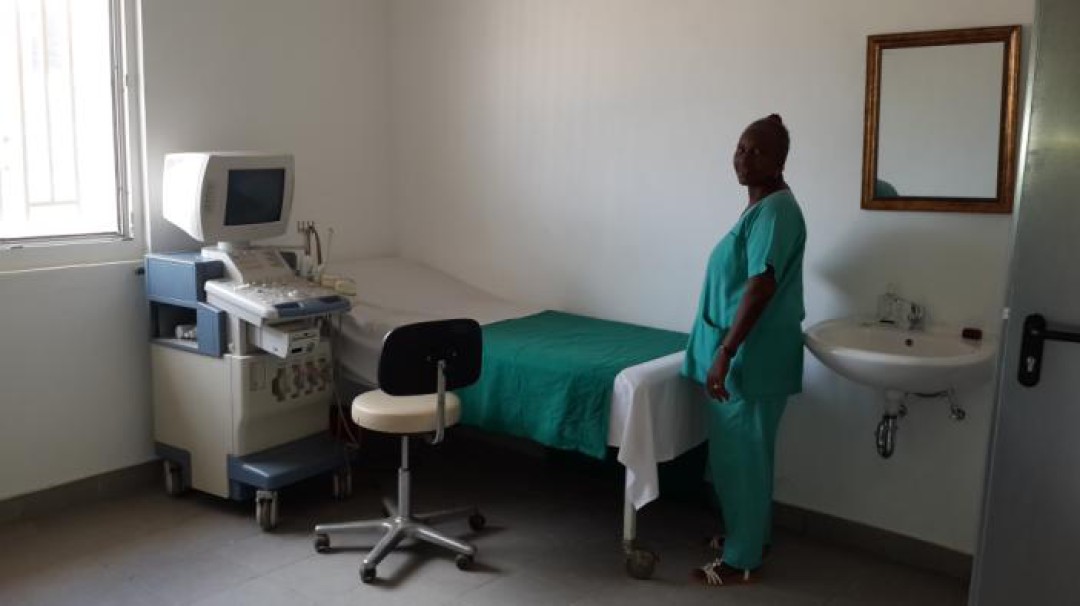

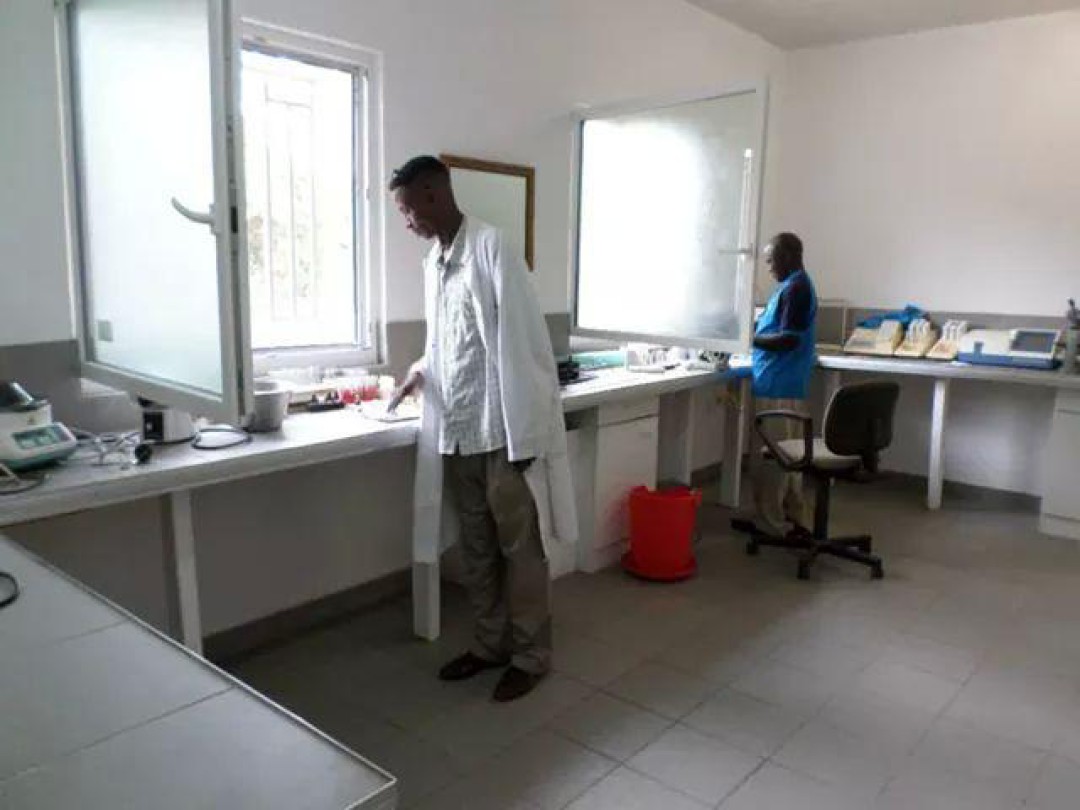


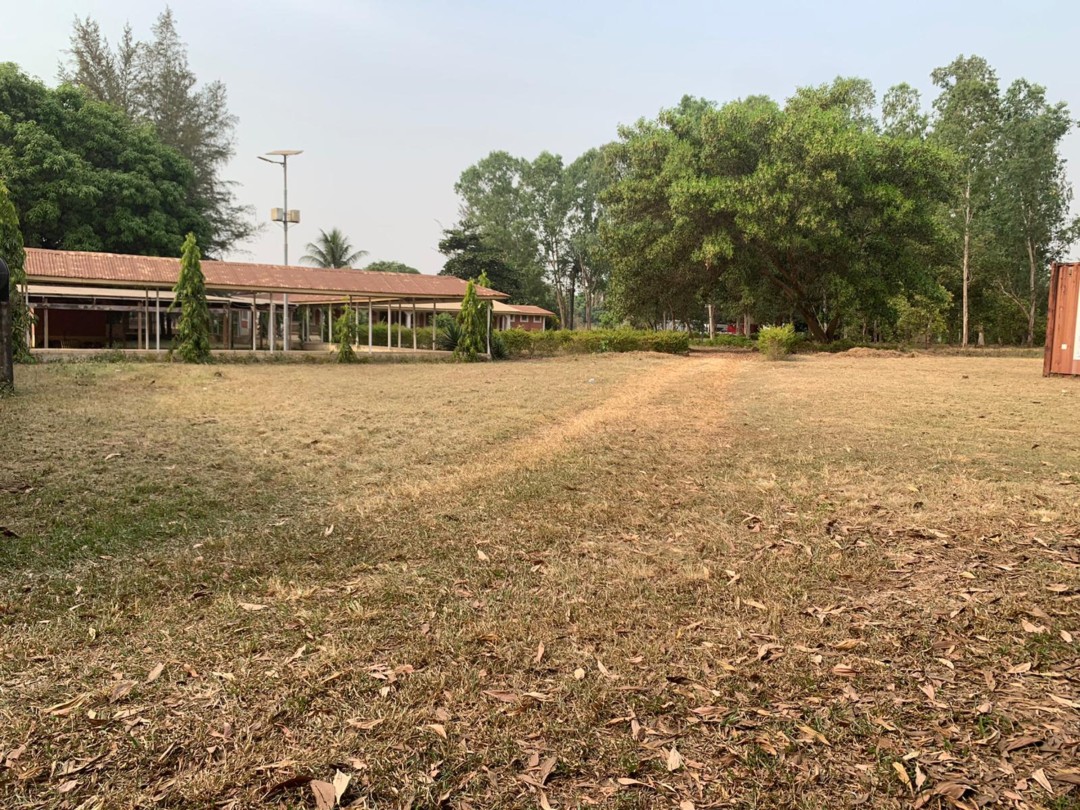
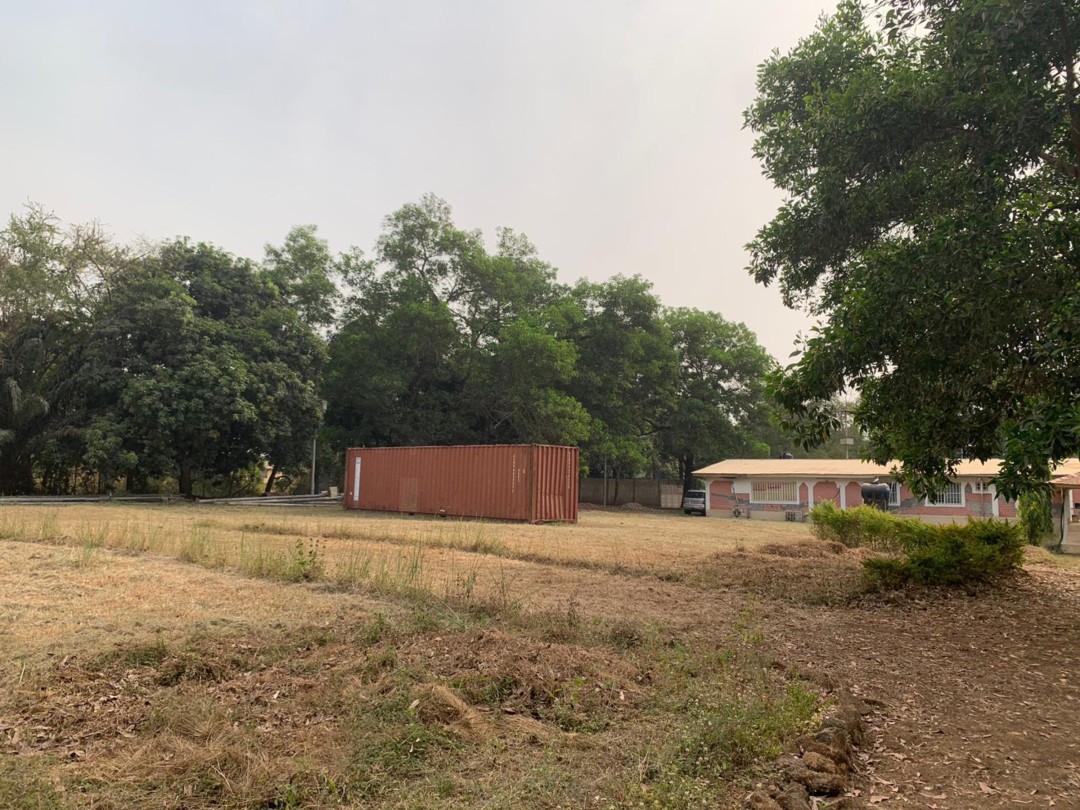
Sierra Leone
Population
7.6 million (2017)
Per Capita Income
USD 510/year (2017)
Poverty rate *
53% (2011)
Literacy rate
32% (2016)
Human Development Index
184th out of 189 countries (2018)
Sierra Leone has made considerable progress since the end of the civil war in 2002, consolidating peace, democracy and improving development indicators. The Sierra Leone government has prioritised and implemented reforms aimed at reducing corruption, providing health care and improving transport, power and public health infrastructures. Despite these significant political and socio-economic achievements, infant and maternal mortality rates are among the worst in the world. Poverty is heavily concentrated in the rural and other urban areas around Freetown. Underemployment remains a challenge and is especially acute in rural areas, compounded by a high level of illiteracy. The Ebola outbreak in 2014 added immense pressure to already fragile health systems.
Sources: World Food Program, UNICEF, World Bank, 2016 Human Development Report, Human Development Indices and Indicators (2018 Statistical Update)
*The percentage of the population living below the national poverty line.